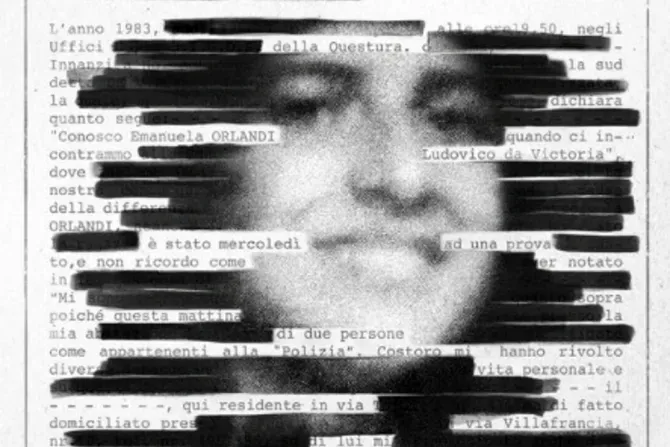Vatican, 20 October, 2022 / 1:26 pm (ACI Africa).
The true-crime documentary series “Vatican Girl: The Disappearance of Emanuela Orlandi,” which premieres on Netflix today, suggests, among other theories, that “someone close to the pope” may have been involved in the possible murder of a missing teenage girl.
The four-part series, based on an unsolved missing-person case involving the 15-year-old daughter of a Vatican official, does not claim to solve the mystery that has intrigued Italians for 40 years. It does, however, put forth several theories behind the disappearance of the girl, whose remains have never been found.
Emanuela Orlandi was the daughter of Ercole Orlandi, an envoy of the Prefecture of the Pontifical House and a citizen of Vatican City State. Her disappearance on June 22, 1983, after leaving for a music lesson in Rome dominated headlines and has been the subject of speculation for years. After multiple investigations, the case was closed in 2016.
In 2019, members of the girl’s family received a tip that the girl’s remains could be in a Vatican cemetery. At the request of the family, the Vatican opened two tombs, believed to contain the remains of Princess Sophie of Hohenlohe-Waldenburg-Bartenstein and Duchess Charlotte Frederica of Mecklenburg-Schwerin.
The tombs were found to be empty of human remains, but two ossuaries found with bones and bone fragments within were later found nearby. A scientific investigation revealed that bones discovered within the tombs were too old to have been Orlandi’s remains, according to Vatican statements at the time. The Holy See press office declared the investigation closed in April 2020.








